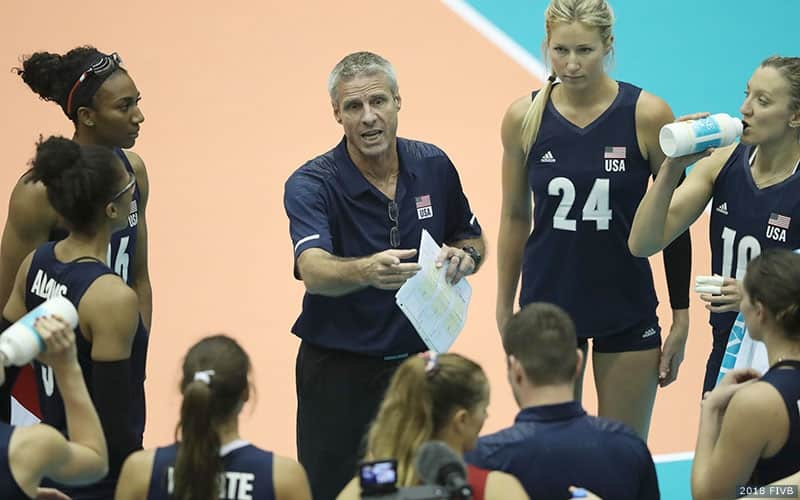
Training the Mind for Growth
In the USA gym, players and coaches are all about a can-do attitude, including using learning to be better.
Resources for
Follow USAVolleyball
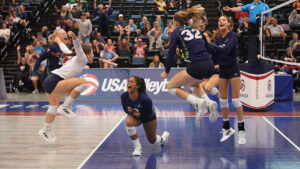 USA Volleyball Education is focused on improving developmental and educational opportunities across the sport of volleyball from grassroots to the national team level. Our goal is to provide the opportunity to access, complete and apply high-quality information and methods in the technical, tactical, physical and emotional aspects of the game for athletes and coaches while providing training, support and resources for other key stakeholders including officials, parents and clubs.
USA Volleyball Education is focused on improving developmental and educational opportunities across the sport of volleyball from grassroots to the national team level. Our goal is to provide the opportunity to access, complete and apply high-quality information and methods in the technical, tactical, physical and emotional aspects of the game for athletes and coaches while providing training, support and resources for other key stakeholders including officials, parents and clubs.
For years, the focus of volleyball in many areas and across various levels shifted to a mindset of winning at all costs.
What we now know is that the most successful teams in the world have developed a model of training and a culture that supports a holistic approach to athlete development which not only sets them up for competitive success on the court, but values and emphasizes the important of athlete health, well-being and long-term involvement in the sport.
The USA Volleyball Development Model was created based on the idea that volleyball in the U.S. could be taught differently, resulting in long-lasting positive outcomes across all measures of performance while keeping kids involved and loving the game longer.
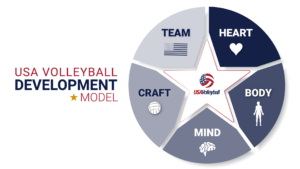
The five pillars of the USA Volleyball Development model provide the basis for a holistic approach to the core elements that are vital to supporting development at every level and across age groups.
USA Volleyball Education is committed to providing support for the volleyball community with a role-based approach to education and training. Whether you’re planning practices, cheering from the stands or making the right call, we provide the tools and resources to help you succeed.
USA Volleyball partner Sports Imports has provided USA Volleyball coaches with drills for use with their Trainer+ and The Vertec.
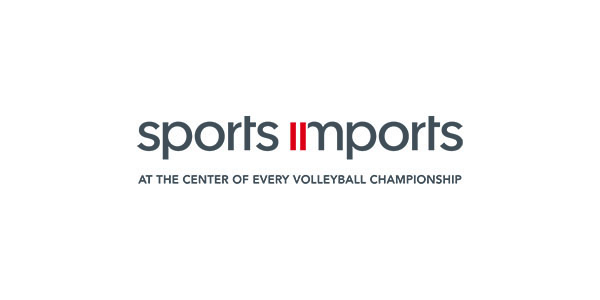

In the USA gym, players and coaches are all about a can-do attitude, including using learning to be better.

Tips from U.S. Men's National Team head coach John Speraw, Olympian Christa Dietzen and more.
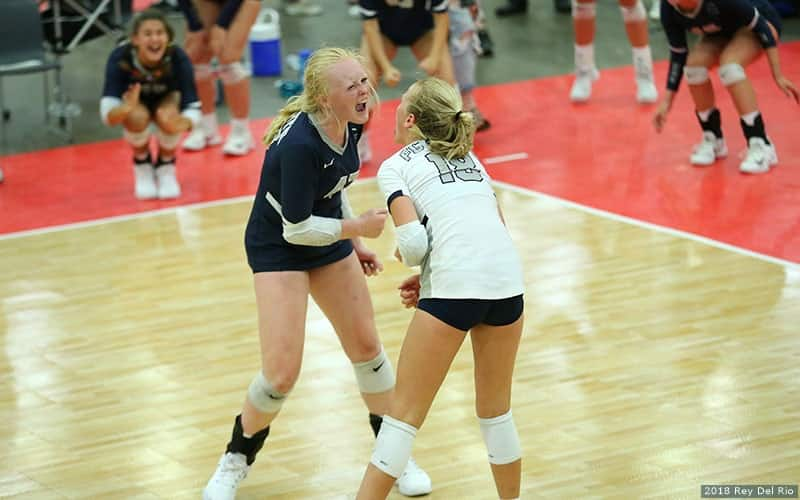
While accountability may start with coaches, when players hold each other accountable, great things happen.
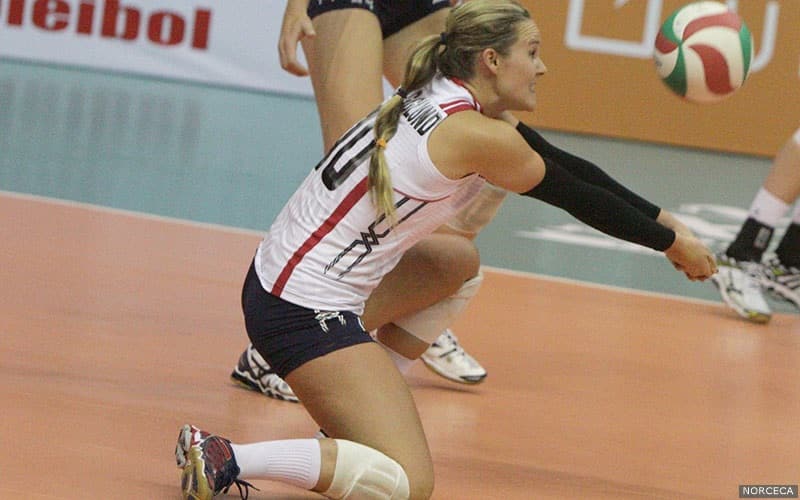
Want to get the most out of your potential? Learn to play the whole game. Tips from former USWNT libero Natalie Hagglund.
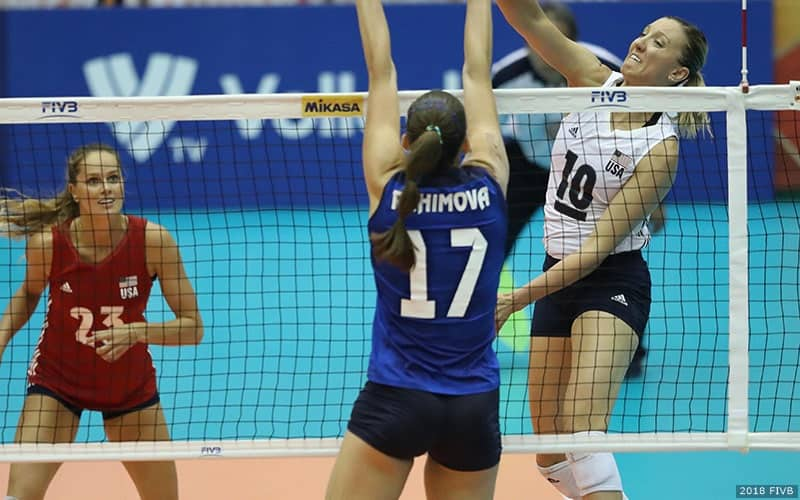
Jordan Larson, Karch Kiraly and Theo Brunner all offer tips for how you can be a better player.
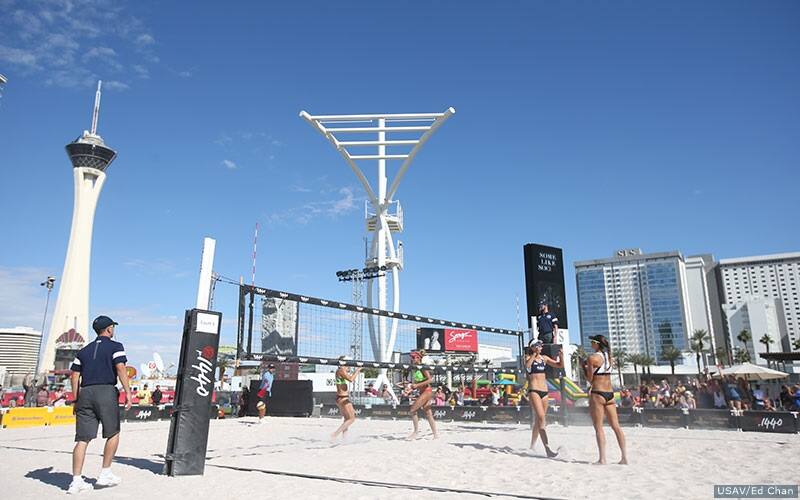
Get the tips them watch Tri Bourne/Trevor Crabb play Russia for the bronze medal in Las Vegas
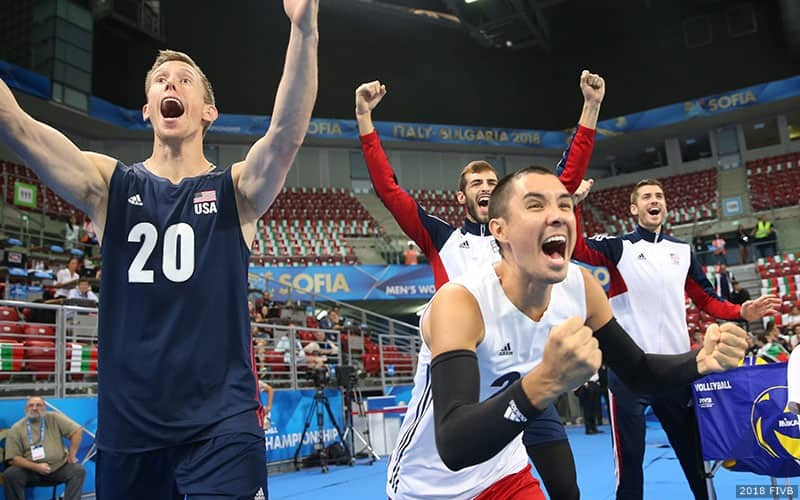
Coaches can help their athletes achieve goals by teaching them about positive self-talk and affirmations.
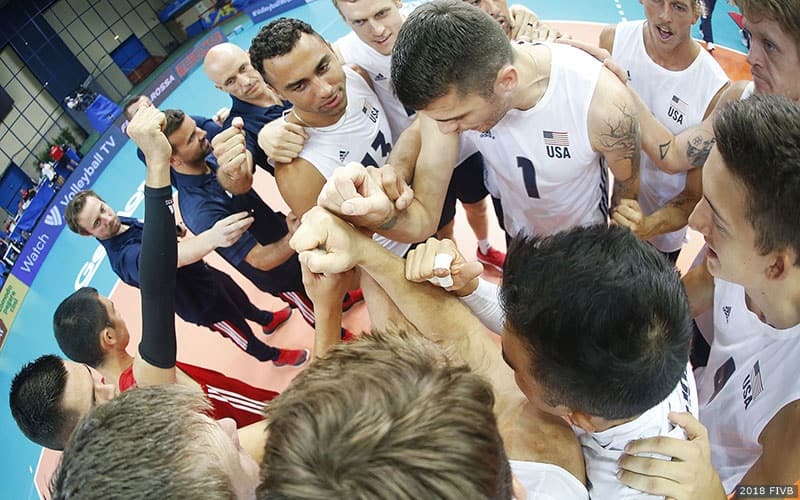
At the beginning of every season, you and your teammates set goals for the year. But are they the right kind of goals?
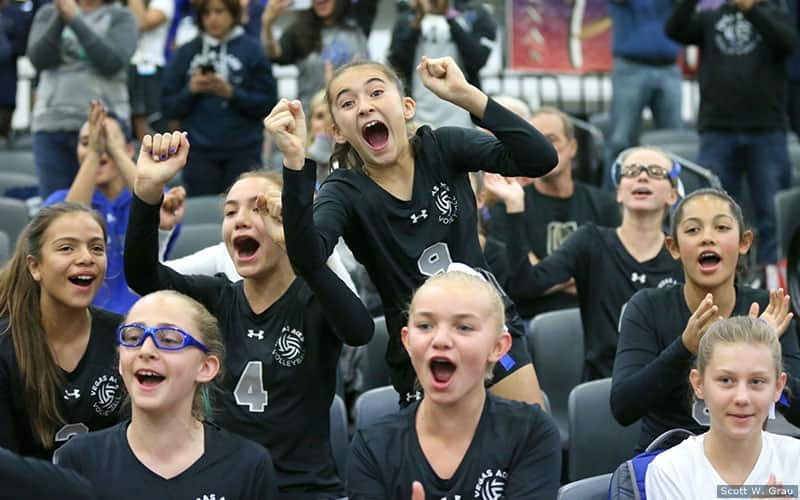
Whether you’re the star of the team or the last player off the bench, you’ve probably spent some time thinking about – or maybe even stewing over – your minutes on the court.

U.S. Men's National Team libero is one of five experts giving you tips for better defense in this article.
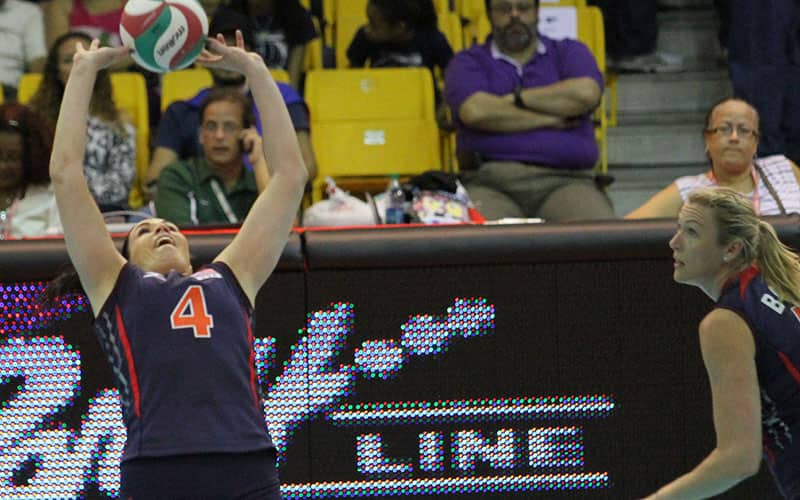
You don't need to be the tallest player on the court to be effective. Find out ways to make a difference.
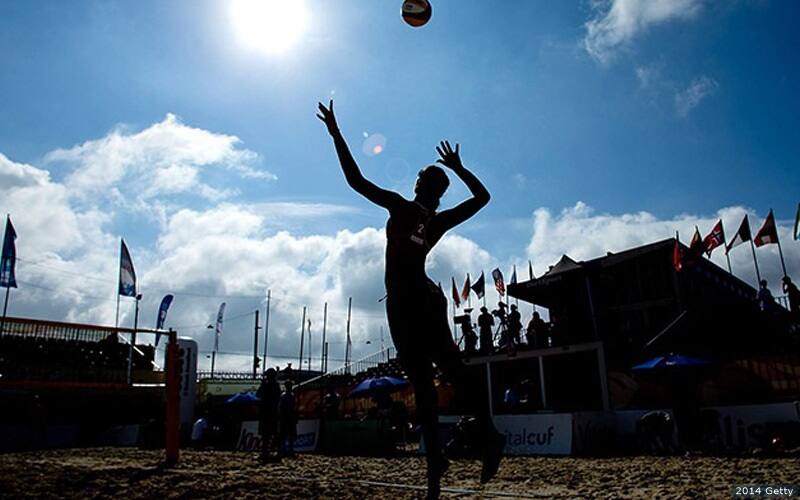
Health and injury prevention takes dedication and commitment. It also requires planning.
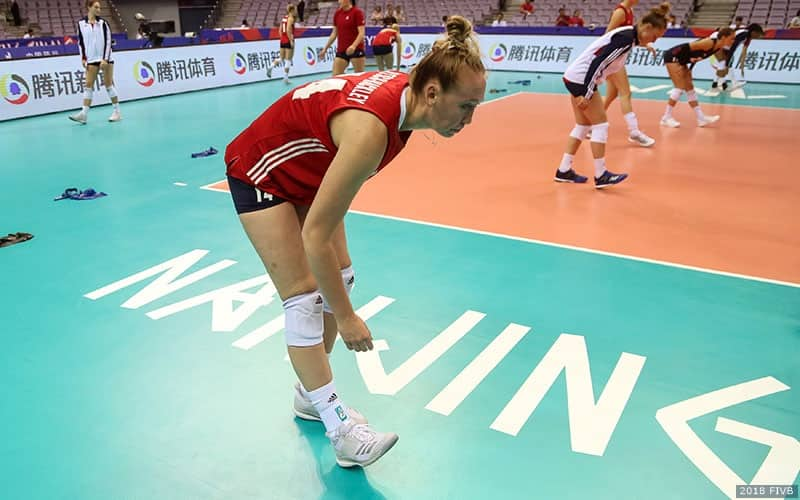
It's impossible to go through life without making mistakes, and that's OK! Mistakes are often a good thing, assuming you learn from them.
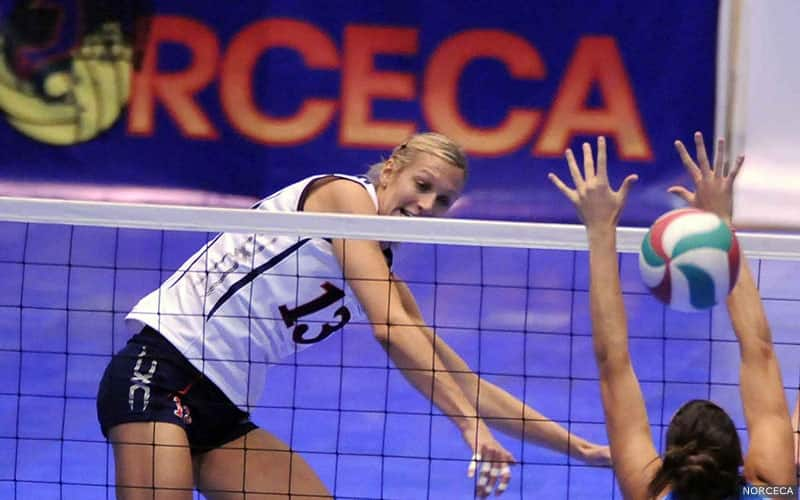
Two-time Olympian Christa Dietzen shares advice for current or future team captains.
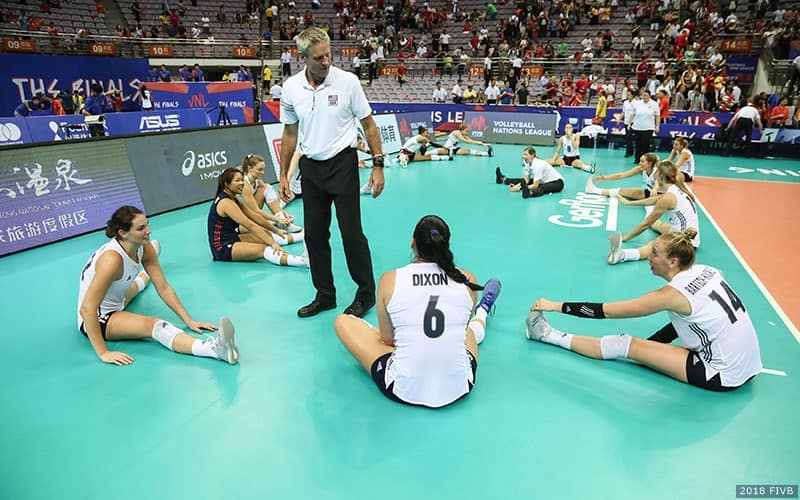
There's a difference between clocking in and clocking out, and engaging in purposeful practice.
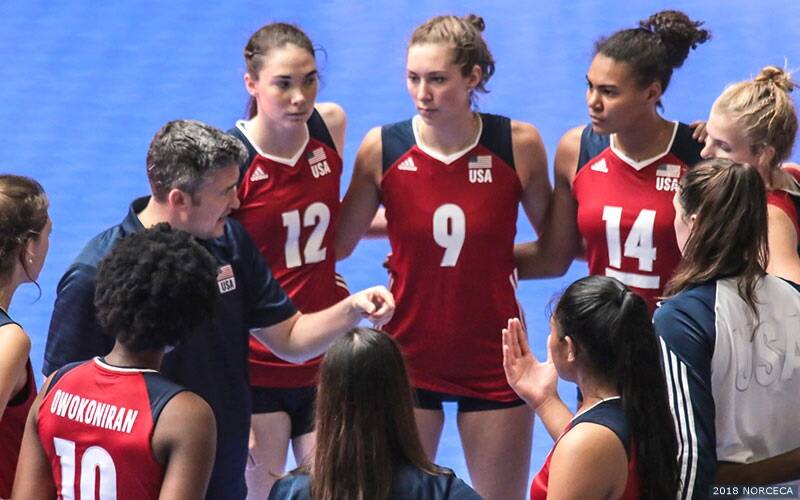
Five keys to better understanding and working with your coach
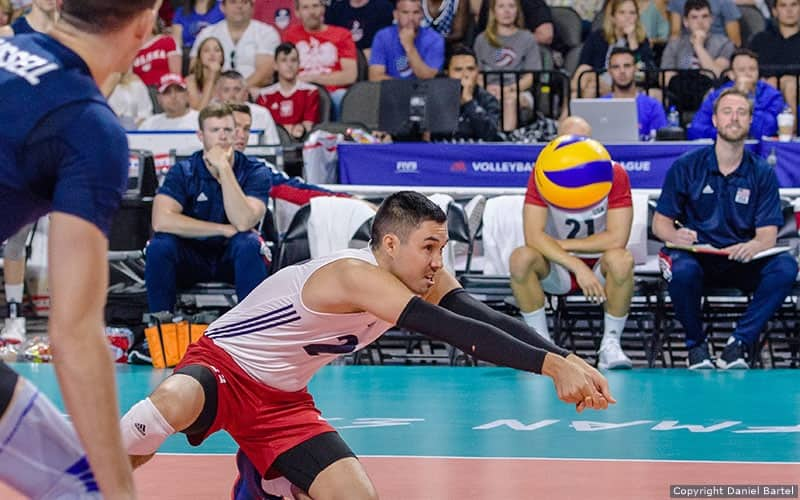
Learn from the best, with tips from Erik Shoji, Kayla Banwarth and more.
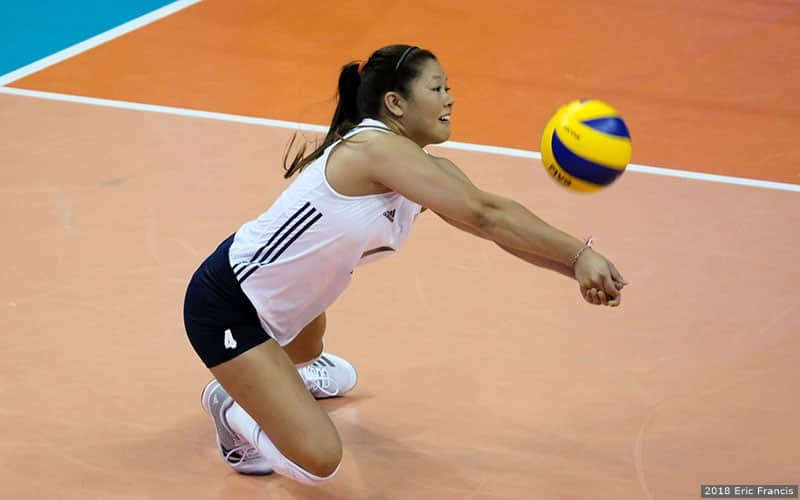
Ken Shibuya shares defensive tips he's learned from coaching athletes in across the world.
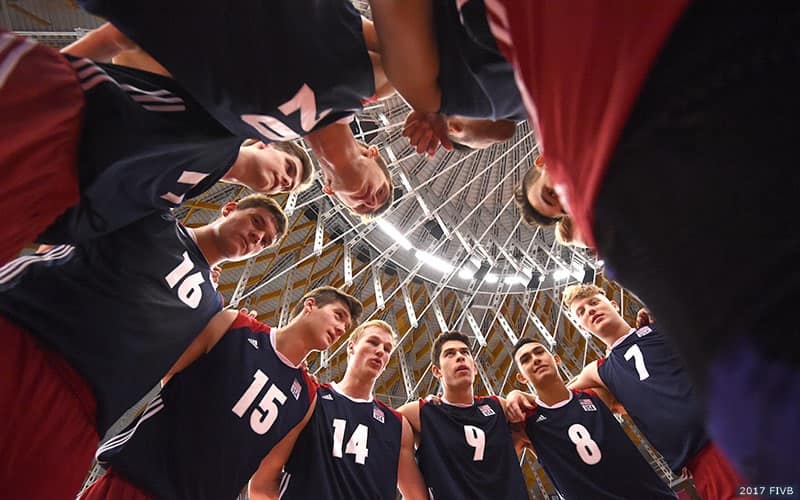
Much of our mental preparation comes just before a match starts.
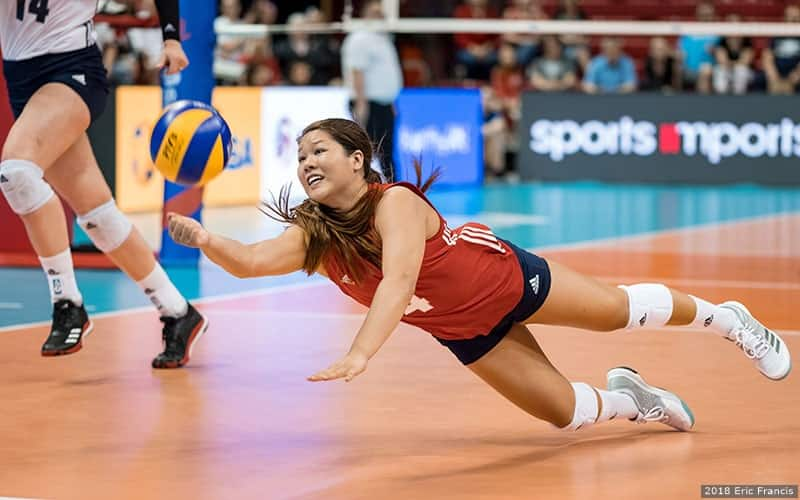
The libero's role is not limited to receiving serve, passing free balls and digging balls.